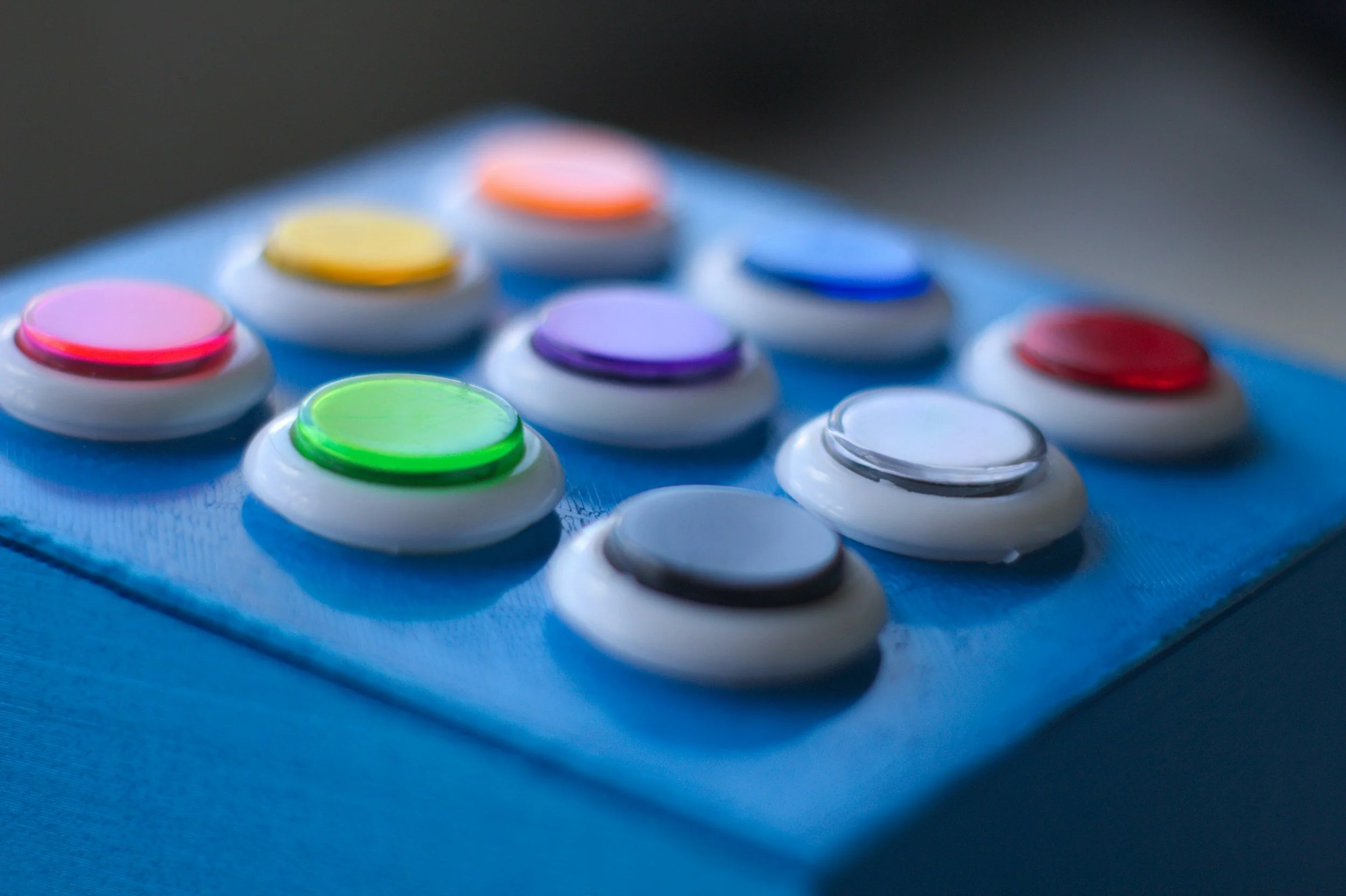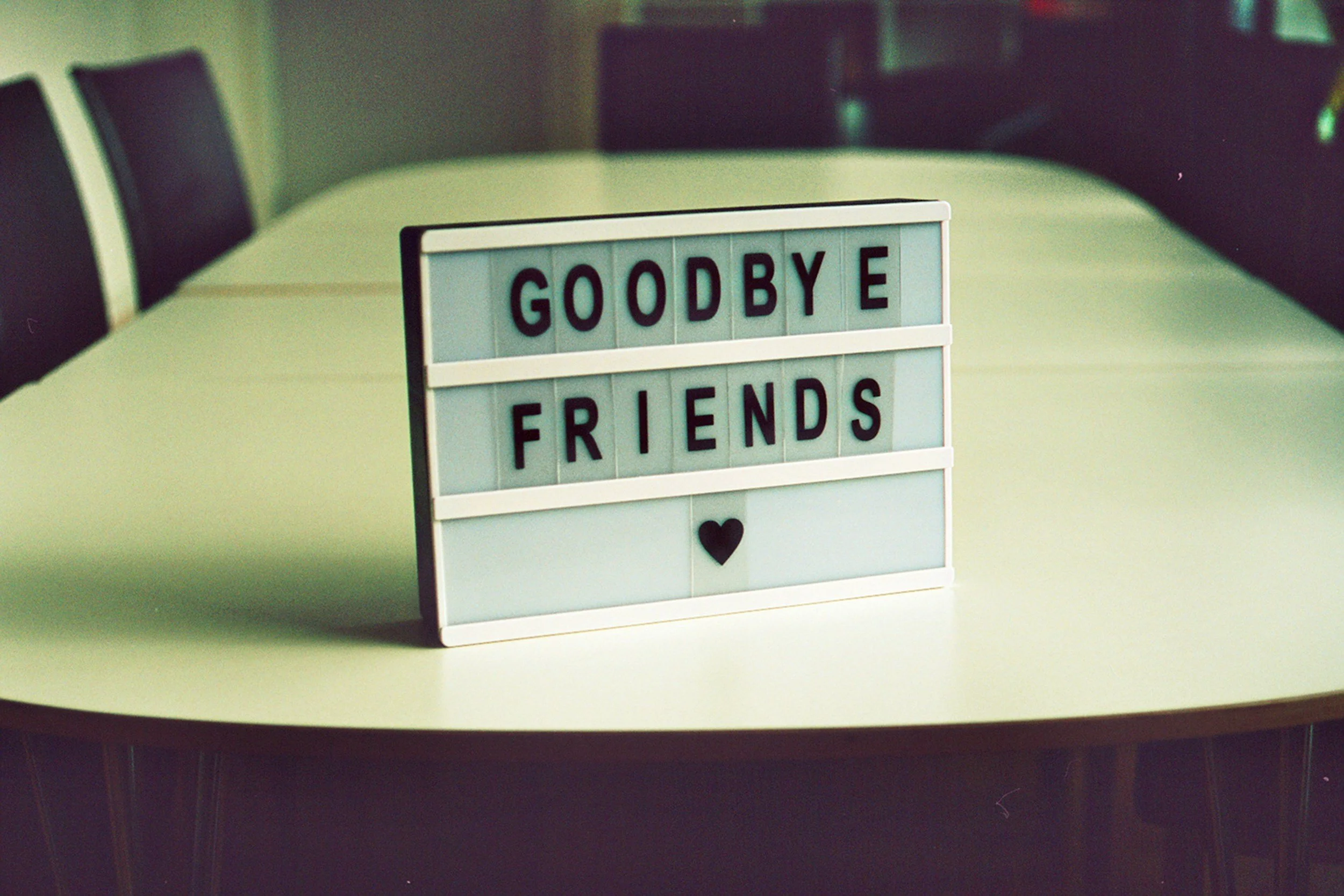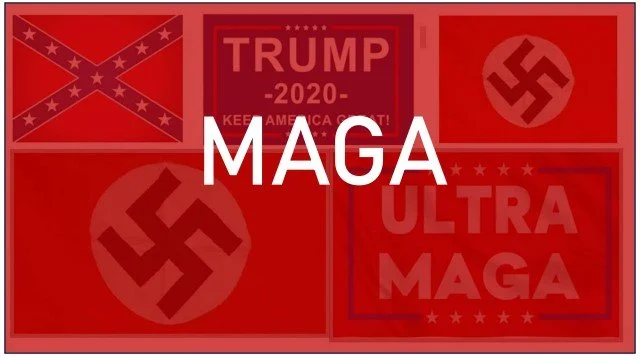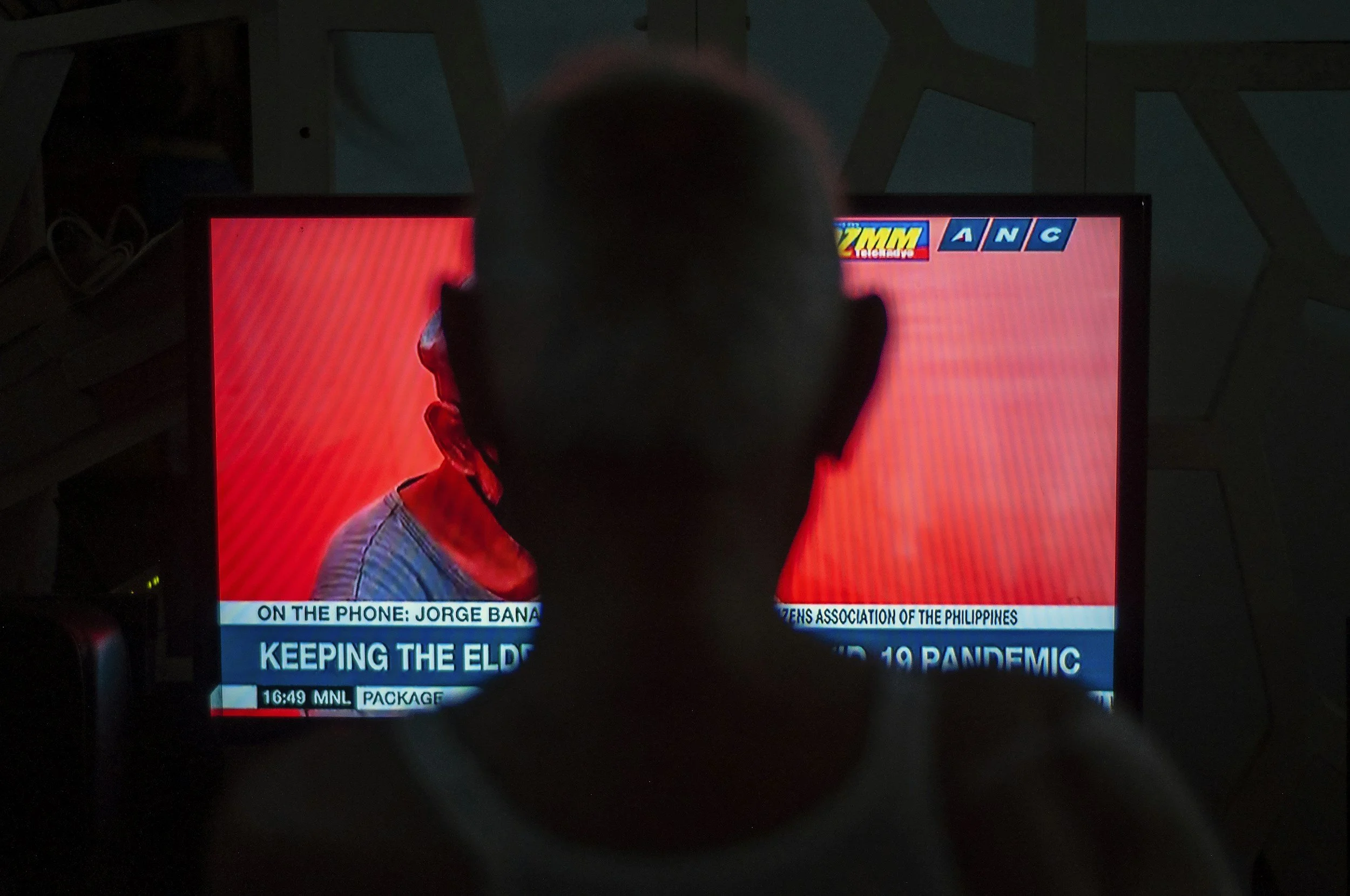Elon and The Murder Button
February 10, 2025
A few months ago, I saw a post on social media that got me thinking a lot about the Twilight Zone episode “Button, Button.” You’ve probably at least heard the premise of the episode—a financially struggling couple receives a mysterious box with a button, with instructions telling them that if they press the button, they’ll receive $200,000 (or $1 million in some versions of the story), but in exchange, somewhere in the world a person they don’t know will die.
The obvious moral response is to refuse to push the button. But the suspense arises because it’s easy for viewers to start to doubt how moral they’d be if faced with such a dilemma. The vagueness of the offer makes it easier to contemplate…after all, the couple is never given any details about who will die or how they’ll die. I mean, if you knew it would be a someone in the prime of life being yanked out of their home and brought before a firing squad, you wouldn’t want the guilt of that on your conscience. But just someone you don’t know randomly dying? That’s easier to justify. After all, everyone dies eventually. You can imagine that it’s a bad person, or an old person whose lifespan will only be shortened by a few months or years. Maybe it’ll be a quick death in an unexpected accident, which will never be traced back to you. Or maybe the person will even just die in their sleep?
It's also easy to rationalize that you can’t possibly be the ONLY person being offered riches to push that button. If YOU don’t push the button, surely someone ELSE will, right? And why shouldn’t YOU be the one who benefits from the financial windfall if the person targeted by the button will most likely die anyway?
The social media post that had me thinking of this Twilight Zone dilemma made the analogy that if you’re a billionaire, you’re basically choosing to push that button, not just once, but every day. Every. Single. Day. But, unlike the couple in the Twilight Zone episode, billionaires get to hold onto that button for their entire lives—they never have to worry about giving it back and potentially being the person whose life will be at the unfortunate receiving end of the button’s power.
I can’t stop thinking just how apt that analogy is. The accumulation of such vast wealth inevitably leaves faceless, nameless victims across the globe, but usually no specific death that can be directly tied to any single billionaire. Children dying of starvation…people dying from accidents in backbreaking hazardous jobs…people being killed by cheap, unsafe products…people who commit suicide out of a sense of financial hopelessness…people who kill themselves more slowly from substance abuse for the same reason…people who can’t get life-saving healthcare…people in poor neighborhoods killed by gang violence…people who don’t have the resources to flee from abusive relationships…people who are killed from more intense climate events…the list goes on and on. All of these deaths are a result of the system that funnels wealth to a few people at the very top, while somehow giving them the appearance of being blameless when it comes to those deaths, which are the inevitable results of this vast wealth inequality.
Some “good” billionaires may offset their culpability by donating to charity. It’s easier to draw a straight line from the billionaire to the people their charities save than it is to the people whose prospects for health and economic security are squashed by billionaires hoarding the earth’s resources. So it’s never really possible to tell whether the total number of those saved to those killed balances out. But at least some people with immense wealth (a level of wealth they shouldn’t be able to have) make some kind of attempt.
Then you get to Nazi sympathizer Elon Musk, whose wealth is over $400 billion and climbing, enough to keep a person in the most opulent wealthy lifestyle imaginable for over 400 lifetimes. Using the “Button, Button” analogy, Musk is figuratively spending nearly every waking hour giddily pushing that murder button over and over again as rapidly as possible with one hand while frantically jerking off with the other.
Again, while most of us—even if we think we wouldn’t push that button ourselves—can understand the lure of pushing it once, just once, for that $1 million payoff that would make us financially whole and allow us to take care of our families. Elon Musk could spend $1 million a day for over 1,200 years and still have billions left over. He could give away 99% of his net worth right now to help humanity—and STILL be a billionaire. But that’s not who he is. He can’t stop pushing that button. His two apparent intertwined motivations—greed and cruelty—are apparently insatiable. He doesn’t press the button reluctantly—he seems to LIVE for pushing the button. And in doing so, he has attained a level of wealth that can best be described as genocidal.
It appears that the only way he thinks he can fill the vast empty void of his hollow soul is to completely dominate the world and cause as much suffering as possible. He seems to get off on the sense of god-like superiority it must give him. Why else would he buy himself the presidency of the United States? (For the low, low bargain price of approximately $290 million—it would be a harder financial hit for you or me to casually toss a penny into a wishing well. Trump sold us out for that small, small amount. So much for “The Art of the Deal,” right?)
As Robert Reich said, “The irony of the richest man in the world almost single-handedly destroying an agency designed to help the world’s poor, so that the U.S. federal budget has more room for another giant tax cut for the richest man in the world and his pals, should not be lost on anyone.” In addition to having a vendetta against USAID for standing up against Apartheid in South Africa, Musk seems to want to leave a pile of dead bodies across the globe by de-funding USAID just because he apparently can. We’ve given him absolute control of that button, and he perceives he has a mandate to use it.
Musk never invented anything. He was born exceedingly wealthy in Apartheid South Africa, and used that privilege to catapult himself to a genocidal level of wealth through luck, arrogance, and a complete lack of empathy or ethics or morality. Our society and financial systems reward people who have zero qualms about pushing that anonymous murder button for profit.
Back in 2016 when Trump was first running for president (dictator), his new cult members often praised him for his “success,” which made me muse that if I had inherited that much obscene wealth from my daddy, I would’ve been able to parlay that into even more money too. After all, I’m smarter than Trump. (This is not a brag about my intelligence. Trump is just a profoundly stupid human being.) Wealth at that level just begets more wealth. But after a moment’s further reflection I realized that if I had been born to Trump’s riches I probably wouldn’t have become a multi-billionaire, not because I’m not smart enough, but because I can’t imagine feeling the overwhelming sense of entitlement that would make a person think they deserved MORE than tens or hundreds of millions of dollars. I think I would’ve been perfectly happy being able to devote my life to hobbies and charity and travel, splitting time between three or four luxurious primary and vacation residences. I can’t imagine having all that, and still pushing the murder/wealth button to try to accumulate even more.
This is why it’s completely laughable when someone like Trump or Musk claims that they’re “too rich” to be motivated by money. Money (and the power that goes with it) is literally the ONLY thing that motivates them.
I hope that one day we can stop letting sociopaths—or anyone—have that much control over a system that arbitrarily metes out death in order to enrich a small group of men who share a malignant sense of entitlement. Maybe an important first step is recognizing those who are genocidally wealthy as the monsters they are.
I do not condone Luigi Mangione’s vigilantism. Shooting someone in the back does not make someone a hero. But I do think that we as a society need to start thinking of people like Brian Thompson, the CEO of UnitedHealthcare murdered by Luigi, as murderers too. Thompson wasn’t a billionaire, but he still gained wealth by pushing that murder button as CEO of UnitedHealthcare. It’s much easier to draw a straight line from health insurance CEOs to the people who die because they were denied healthcare than it is to draw a line from billionaires to those who die because those billionaires are hoarding the earth’s resources. Thompson was probably a nice person to his family and friends. And he may have rationalized that if he didn’t gain wealth by denying healthcare to those who desperately need it, someone else would do it instead, and that would be correct—UnitedHealthcare probably replaced him with another button-pusher before his body was cold. And Thompson may have been able to sleep at night by telling himself that he actually showed restraint—maybe he didn’t push that button as often as he COULD’VE.
Again, I’m not condoning vigilantism or murder. But I do wish that as a society we started to consider button-pushers like Brian Thompson murderers too rather than pillars of society. If we stop admiring people for the “success” they achieve at the expense of other people’s health, lives, and livelihoods, maybe we’ll eventually come together to put an end to the financial and societal systems that give people control of that button in the first place. Brian Thompson shouldn’t have been in a position to push that button. No one should.
I know, I know…universal healthcare is a pipe dream now that genocidally wealthy villainaires like Nazi sympathizer Elon Musk are gleefully running wild in our government, pushing buttons everywhere they can, consumed with a sense of entitlement and destiny and self-worship. But I’d still like to imagine a better, more free, and more equitable future for everyone someday. If we ever claw back our freedoms and self-determination from Musk and the other billionaires, I hope we can put some kind of cap on the unbridled greed that makes all of us potential victims of the caprices of hollow, soulless, insatiably cruel men. Nobody should have control of that button—especially those who take a sadistic joy in wielding its power.





